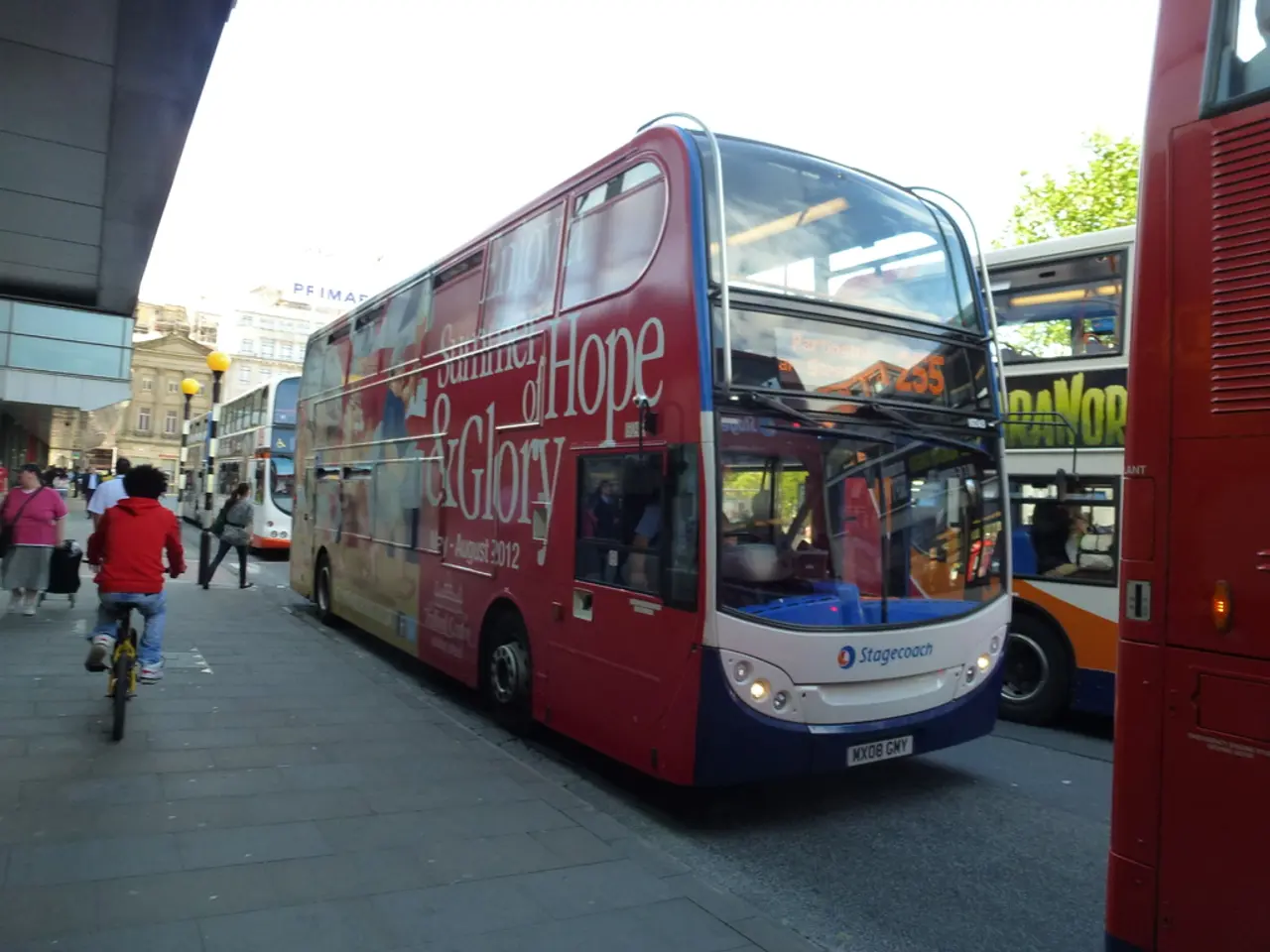Financial Statement of Valérie Plante
Montreal, Canada - Valerie Plante served as Mayor of Montreal from 2017 to an upcoming electoral campaign. During her tenure, the city faced numerous challenges, including a housing crisis, financial shortfalls, and the impact of the COVID-19 pandemic.
One of the most significant issues was the lack of social security housing. Only one project with 86 units of social security housing was approved in two years under the Plante administration due to constraints imposed on developers. Part of the blame for this insufficient social security housing lies with the Quebec government, which, in Trudel's opinion, has not adequately replaced the AccessLogis program.
The Plante administration has, however, invested significantly in the renovation of the aging water network. $147.3 million was allocated in 2017, and $172.3 million was set aside for the distribution of drinking water in 2024.
The city's financial situation has also been a concern. Montreal faces a $228 million shortfall in 2026. Tax revenues have increased by 25% under the Plante administration, resulting in a 38.3% increase in the average tax bill for a residence, from $3,611 in 2017 to $4,995 in 2025.
The Plante administration's Mixed Metropolis By-law, adopted in 2021, was intended to accelerate the construction of social security housing but did not produce the expected results. In response, the administration has promised to work with Quebec to increase resources for the vulnerable homeless population.
The COVID-19 pandemic has exacerbated certain issues in Montreal, such as homelessness and the housing crisis. Carolyne Grimard, a professor at the School of Social Work of the University of Montreal, criticized the Plante administration's firm line on dismantling homeless encampments during the pandemic. The Office of Public Consultation of Montreal qualified encampment dismantlements as 'unacceptable' in 2024.
In an effort to address these issues, the Plante administration initiated measures such as expanding bike lanes, improving public transit with electric buses, and prioritizing pedestrian-friendly infrastructure. These efforts have helped improve Montreal's traffic situation, although the city still ranks 32nd among the most congested cities in the world.
Montreal has 23,940 full-time equivalent employees in 2024, an increase of 2,400 from 2017. The budget of the City of Montreal has grown from $5.2 billion in 2017 to nearly $7.3 billion in 2025.
As the electoral campaign approaches, the main mayoral candidates, Luc Rabouin and Soraya Martinez Ferrada, have promised to reduce the number of construction cones in the city. Remy Trudel, a political commentator, suggests that the city should use its right of preemption to promote affordable housing and that relying on imposing constraints on the private sector to stimulate the construction of off-market housing is wishful thinking.
The federal housing advocate, Marie-Josee Houle, demanded the end of encampment dismantlements in 2024. The Plante administration should have been more combative in protecting the AccessLogis program, according to Trudel.
In conclusion, the Plante administration's tenure has been marked by challenges and achievements. The housing crisis, financial shortfalls, and the impact of the COVID-19 pandemic have tested the administration's resolve. However, the investments in the water network, traffic improvements, and employment growth are positive signs for the future of Montreal.
Read also:
- United States tariffs pose a threat to India, necessitating the recruitment of adept negotiators or strategists, similar to those who had influenced Trump's decisions.
- Weekly happenings in the German Federal Parliament (Bundestag)
- Southwest region's most popular posts, accompanied by an inquiry:
- Discussion between Putin and Trump in Alaska could potentially overshadow Ukraine's concerns





